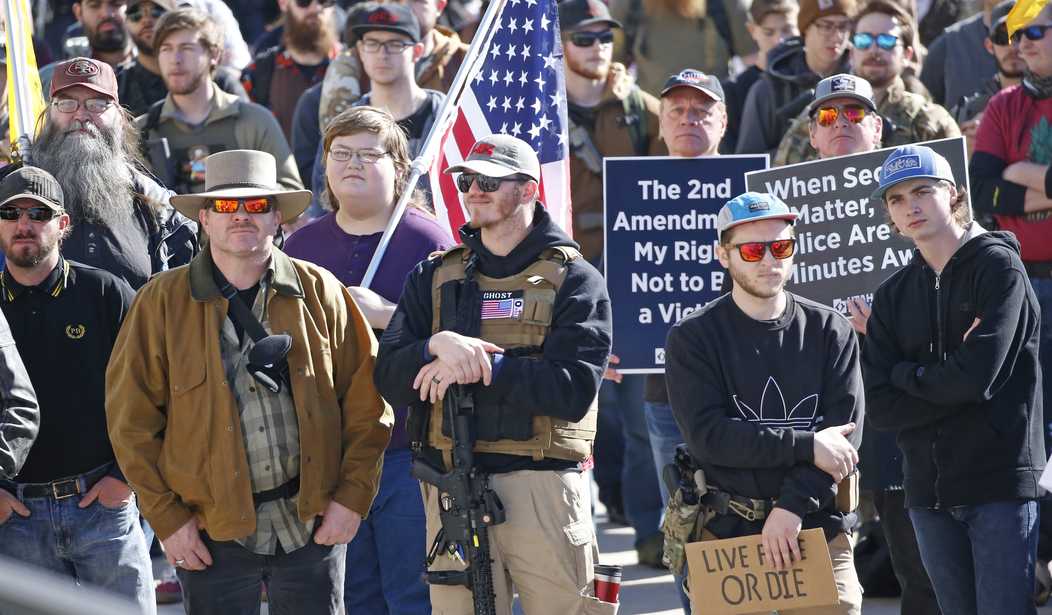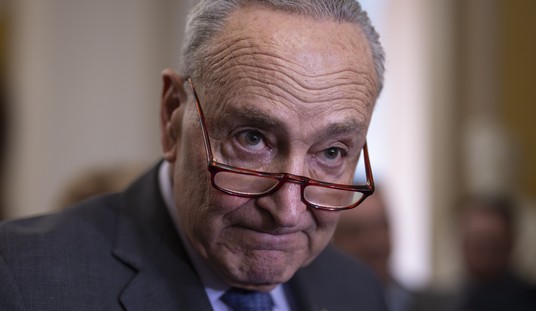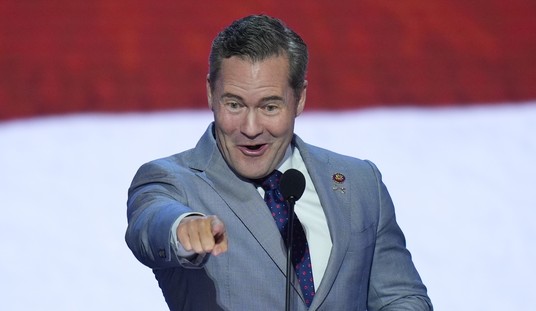There's a good reason the drafters of the Bill of Rights placed the right of the people to keep and bear arms in the Bill of Rights in second place, following only the right of the people to speak and assemble, and to worship as their conscience dictates. The First Amendment, like all of the Bill of Rights, defines - does not grant, but defines and guarantees - fundamental natural rights.
The Second Amendment guarantees us not only another fundamental natural right, but also guarantees us the means to protect those rights. It's just 25 words, but it may be the most important 25 words in any governing document in human history.
A well regulated Militia, being necessary to the security of a free State, the right of the people to keep and bear Arms, shall not be infringed.
Much is made by anti-Second Amendment shouters of the first portion, the notorious "militia clause." This is easily dismissed. While there are Supreme Court cases acknowledging that the Second Amendment describes the individual rights of the people, all that is needed is a simple exercise in the English language; the militia clause is a dependent clause, and can be removed without changing the unambiguous meaning of the amendment. As for "well-regulated," a glance at Federalist No. 29, penned in 1788, gives a treatise on what "well-regulated" meant at that time.
It requires no skill in the science of war to discern that uniformity in the organization and discipline of the militia would be attended with the most beneficial effects, whenever they were called into service for the public defence.
Today, though, the Second Amendment is a hot political topic. One party, the Republicans, tends (broadly) to support the Second Amendment, while the other party, the Democrats, tends to want to infringe on the right to keep and bear arms at every opportunity. Most of their arguments are utilitarian; they seek to restrict guns in the mistaken notion that this will have some effect on crime. And we often use utilitarian arguments in reply. I’ve used practical, utilitarian arguments myself in arguing against various legislatures, city, state, and federal, wasting their time and my money with gun control laws. Such laws have been largely ineffective at reducing crime rates or preventing mass-casualty situations. That doesn't stop the anti-Second Amendment hordes from continually agitating for more and more laws.
To sound a cautionary note, we should note that, while the utilitarian arguments against the Second Amendment are largely failing, the anti-gun forces have another arrow in their quiver, and it's a more insidious one: Punitive taxes.
Let’s say some future, anti-gun Congress passes a punitive tax program aimed at gun owners. Not on guns, themselves, mind you, and not even on ammo – let’s say they just tax primers. Primers are a huge bottleneck. They aren’t something the typical gun owner can easily reproduce, and they are absolutely essential. Without primers, your AR-15 – or your Belgian Auto-5 – is just an expensive club. Primers are essential; no gun more advanced than a flintlock can function without them, and they can't be easily made in a basement workshop.
Finally, a “violence tax.” This may be the last straw. Say you’re in your place of employment, and the sweet little lady who runs HR drops by your desk to tell you that the government has just instituted a “violence prevention tax” that will take, oh, 20% of the income of anyone who has ever been the subject of the instant background check required for a gun purchase. This tax applies unless you surrender or dispose of all firearms that the government most assuredly has a record of your owning.
This isn’t a case of government thugs showing up at your door with a confiscation order. And you can’t open fire on the little old HR lady who brought you cookies last week. If things come to this juncture, you have very few, if any, good options.
We must be prepared for any such attempt. We must be prepared for the demonization of us, the law-abiding. We must be prepared for the attempts to disarm us, to criminalize us, to regulate us, to tax us. We must be prepared for any erosion - and infringement - on this most important of natural rights, the right to protect our liberty, our property, ourselves.
See Also: The Constitution Is Great, but Is It Perfect? I Have Some Ideas.
The Second Amendment is, today, as important as ever. Indeed, it may well be more important now than ever. The only guarantee we have of being free people is also being armed people. Armed people can protect their selves, their families, their communities, and their rights. Armed people are citizens; unarmed people are subjects.
I intend to remain a citizen.














